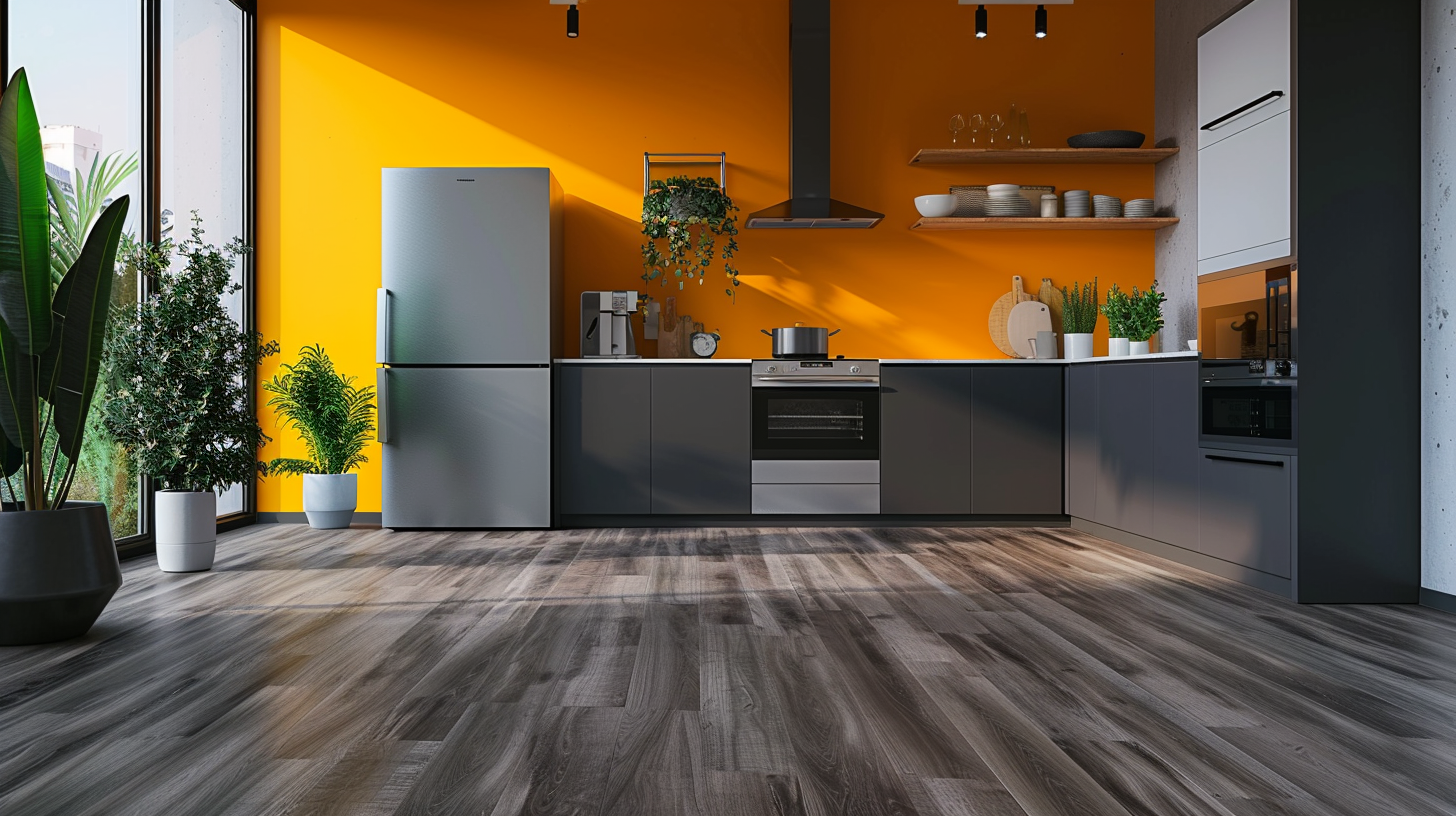
When choosing flooring, many options can be overwhelming. SPC1 y LVP2 are two popular choices, but understanding their differences is key to making the right decision.
[SPC] flooring stands for Stone Plastic Composite, offering enhanced durability and stability compared to [LVP]. This makes it ideal for high-traffic areas and various environments.
I remember when I first explored flooring options for a project. The decision between [SPC] and [LVP] was crucial for the outcome.
What is better, LVP or SPC?
Choosing between [LVP]and [SPC] depends on your specific needs. [SPC]generally offers better durability and water resistance, making it suitable for areas like kitchens and bathrooms. On the other hand, [LVP] is often more affordable and easier to install.
Dive Deeper into [LVP] vs. [SPC]
Durability Comparison
| Característica | [SPC] Flooring | [LVP] Flooring |
|---|---|---|
| Material del núcleo | Compuesto de piedra y plástico | Vinyl-based |
| Capa de desgaste | Más grueso y robusto | Varies, generally thinner |
| Resistencia a los impactos | Más alto | Moderado |
[SPC] flooring’s stone plastic composite core makes it more resistant to impacts and wear. This is especially beneficial in commercial settings where flooring endures heavy foot traffic.
Installation Process
[SPC] often features a click-lock system, similar to [LVP], but its rigid core provides more stability. This can reduce issues like warping or shifting over time, which is a common concern with [LVP] in fluctuating climates.
Opciones estéticas
While both [SPC] and [LVP] offer a wide range of designs and finishes, [LVP] typically has more flexibility in mimicking natural materials like wood and stone due to its softer core.
What are the disadvantages of [SPC] flooring?
While [SPC] flooring has many advantages, it also comes with some drawbacks. Understanding these can help you make a more informed decision.
Dive Deeper into [SPC] Flooring Disadvantages
Dureza y comodidad
[SPC] flooring is harder underfoot compared to [LVP]. This can make it less comfortable for standing over long periods and may require additional underlayment for cushioning.
Retos de instalación
Although [SPC] is generally easy to install, its rigidity can make it less forgiving on uneven subfloors. Proper preparation is essential to ensure a smooth installation.
Limited Sound Insulation
Due to its dense composition, [SPC] may not provide the same level of sound insulation as [LVP]. This can be a consideration in multi-story buildings or apartments where noise reduction is important.
Impacto medioambiental
[SPC] flooring is made from PVC and other plastics, which can raise environmental concerns. While it is durable and long-lasting, the production process may not be as eco-friendly as some alternatives.
What does [SPC] mean in [LVP]?
Understanding the terminology can clear up confusion. [SPC] in the context of [LVP] refers to a specific type of vinyl flooring that incorporates Stone Plastic Composite technology.
Dive Deeper into [SPC]] in [LVP]
Technology Integration
[SPC]] technology enhances [LVP] by adding a rigid core made of limestone and PVC. This integration improves the flooring’s overall stability and resistance to moisture.
Ventajas de rendimiento
By incorporating [SPC], [LVP] flooring gains increased durability and dimensional stability. This means it is less likely to expand or contract with temperature changes, reducing the risk of gaps or buckling.
Consideraciones económicas
[SPC]-enhanced [LVP] tends to be slightly more expensive than traditional [LVP] due to the added materials and manufacturing processes. However, the increased lifespan and performance may justify the higher initial cost.
Aplicaciones
[SPC] in [LVP] makes it suitable for a broader range of applications, including commercial spaces and areas prone to moisture. Its enhanced properties expand the versatility of [LVP] flooring options.
Which is better, PVC or [SPC] flooring?
When comparing PVC and [SPC] flooring, [SPC] is often considered superior in terms of durability and performance. However, the best choice depends on your specific requirements and budget.
Dive Deeper into PVC vs. [SPC] Flooring
Composición del material
- Suelos de PVC: Made primarily from polyvinyl chloride, offering flexibility and ease of installation.
- Suelos: Combines PVC with limestone powder and stabilizers, resulting in a more rigid and durable product.
Durabilidad y mantenimiento
[SPC] flooring is generally more durable and easier to maintain. Its rigid core resists dents and scratches better than standard PVC flooring, making it ideal for high-traffic areas.
Resistencia al agua
Both PVC and [SPC] offer good water resistance, but [SPC]’s composition provides superior protection against moisture. This makes [SPC] a better choice for areas like bathrooms and kitchens.
Cost Analysis
PVC flooring is typically less expensive upfront compared to [SPC]. However, considering the longevity and lower maintenance costs of [SPC], it may offer better value in the long run.
Versatilidad estética
Both PVC and [SPC] come in various styles and finishes. However, [SPC]’s enhanced structure allows for more intricate designs and textures, providing a more authentic look and feel.
Conclusión
Choosing between [SPC] and [LVP] depends on your specific needs. [SPC] offers superior durability and stability, while [LVP]] provides flexibility and affordability. Consider your priorities to make the best choice for your space.


